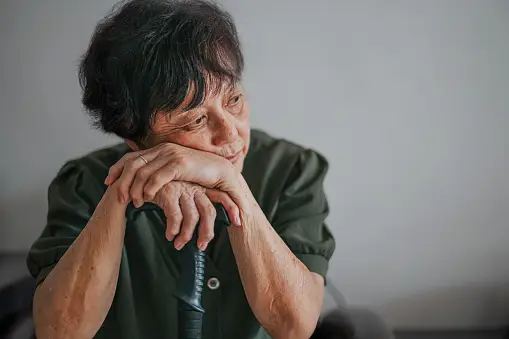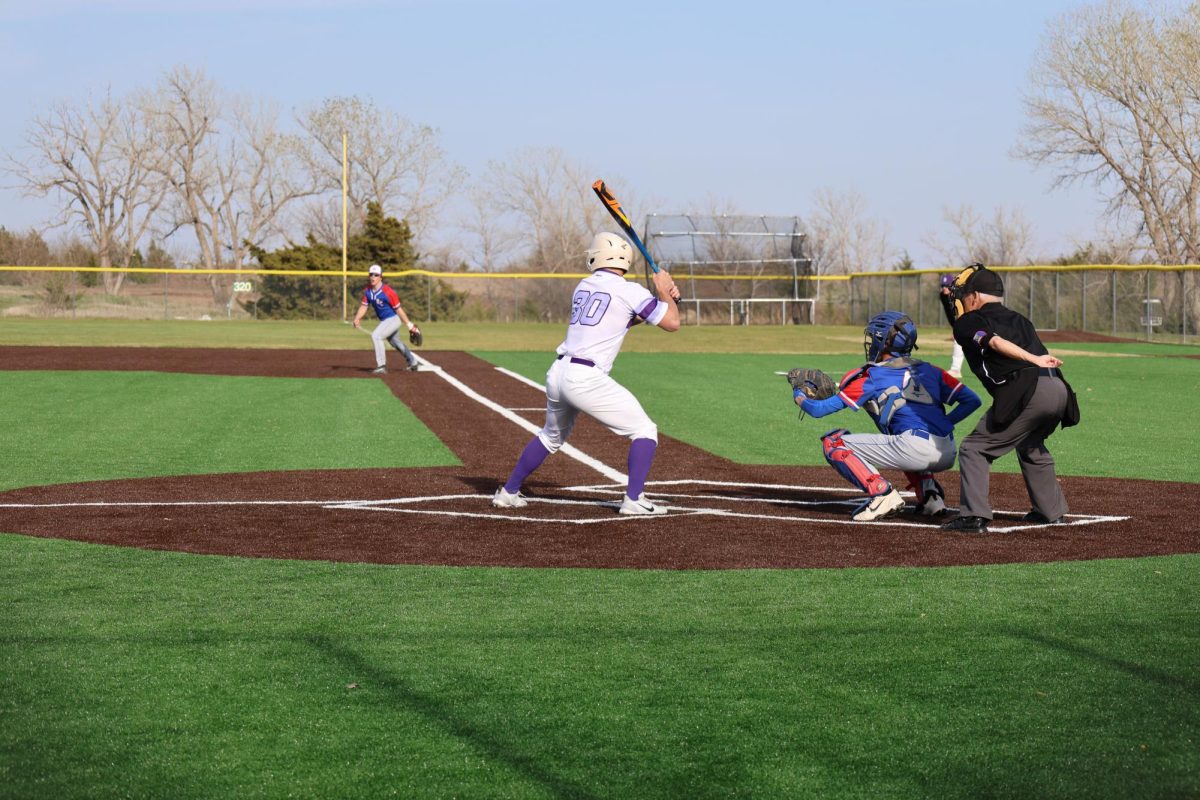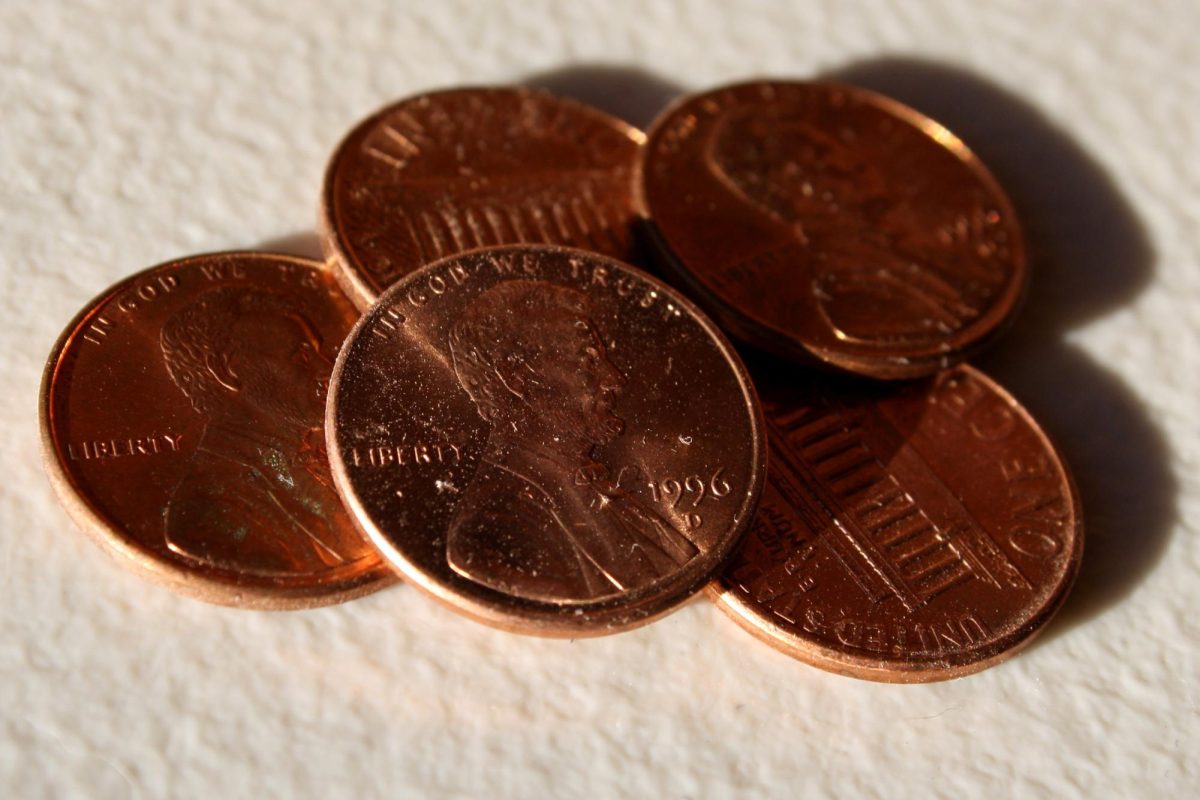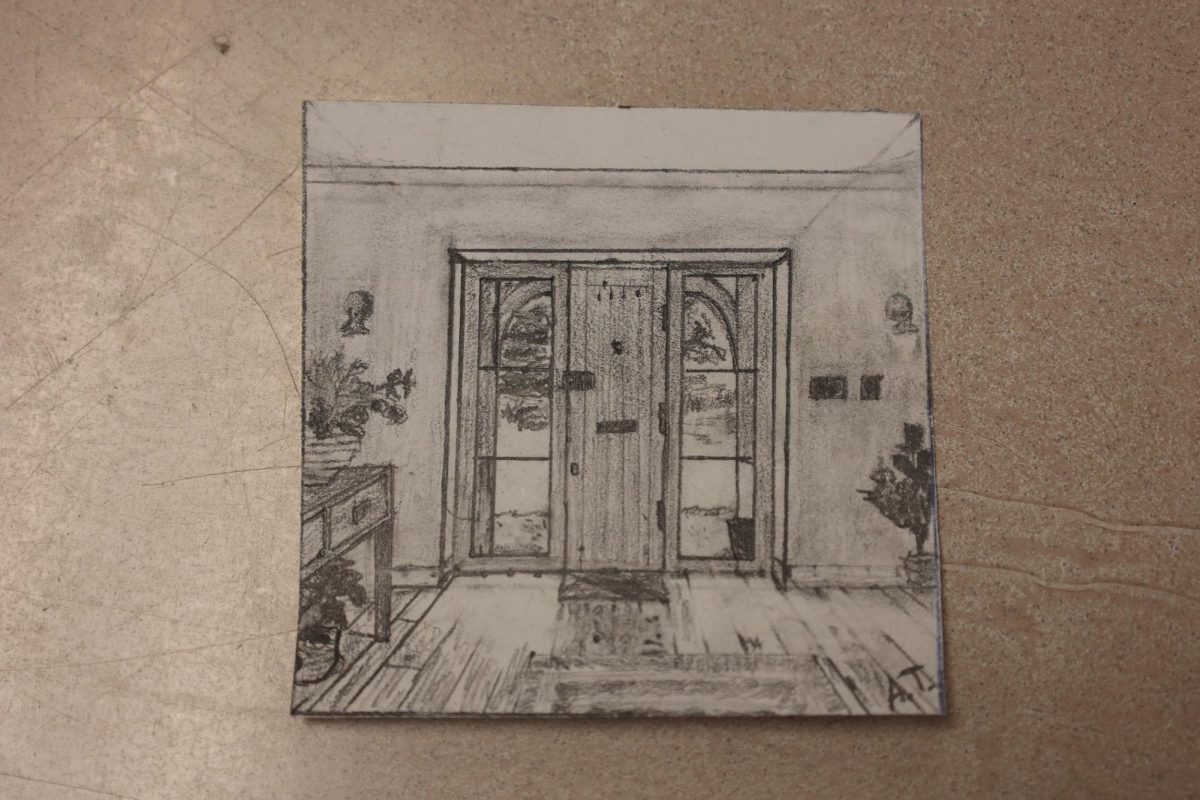
From the solitary confinement of a lonely and empty hotel room to the familiar yet excruciating prison with which the brain creates extreme anxiety, isolation presents itself in a spectrum of ways across different circumstances. Although most are blessed with small periods of quiet and unbothered silence, some suffer prolonged periods of solitude. Long-term isolation has negative effects on the human body, creating lifelong physical, emotional, and psychological problems. Although certain situations of isolation are different, they yield similar symptoms.
One particularly jarring example of human isolation is the story of 23-year-old Tomoaki Hamatsu from Japan, also known as Nasubi. He was a man hungry for fame; in his haste for fame, he met with successful Japanese TV Show Producer Toshio Tsuchiya in 1998. Tsuchiya led him to an empty hotel room, telling Nasubi to remove all of his clothes. Tsuchiya explained to him that he would begin to fill out as many mail-in magazine sweepstakes as possible to get a cash prize. The twist of this scenario was that Nasubi would only be given items to use through those sweepstakes (Titley). This included every basic need except water; food, hygiene products, clothes, entertainment, and cooking supplies. He had to win everything he would need to survive in this lonely and empty hotel room. His ultimate goal was to fill out enough coupons to reach one million yen in prize money (equivalent to about $8,000). Although Nasubi had full control over whether he participated in this show or not, he continued to try to reach this prize money for 15 months. The only form of human contact he had was through the mailmen who would drop his prizes off and the occasional people sent by Tsuchiya and his producers (Titley).
Tomoaki Hamatsu tried hard to make Denpa Shonen: A Life in Prizes entertaining for the viewers. Unfortunately, he did not know the extent to which people were watching the show. Nasubi assumed that he would self-film for the producers each day and that those clips would be cut and uploaded. The show’s producers neglected to tell Nasubi that the majority of his 15 months in the hotel room was constantly livestreamed (Joiner). In the time that Nasubi competed on the show, it broke records for livestream viewership, and he became one of the most popular Japanese television personalities of that time. “The television show broke records, becoming the most-watched series in Japanese history with 17 million viewers each Sunday night (in a country with a third of the U.S. population), doubling the average ratings from HBO’s hit high fantasy show Game of Thrones. These 17 million people would watch a man’s life be destroyed in real time,” (Joiner). Nasubi later attended an online interview with Style Koriyama 21 years after filming the show, saying, “Everything was harsh and every day was like hell back then. I couldn’t get food and clothes until winning ones from sweepstakes… I even had to eat only dog food I had gotten from a prize contest for a while. But the hardest thing was not to be able to see and talk with anyone. My mental condition was at its worse. I was like, ‘Why only me? Why do I have to do all these things? I’d rather die than feel like this.’” Nasubi was put through intense mental anguish because of his lack of human interaction and extended isolation.
Isolation and the lack of social interaction have extreme consequences on the human psyche. These consequences aren’t only common in cases like Nasubi’s, but they’re also apparent in extreme cases of agoraphobia. Agoraphobia is a type of anxiety disorder that causes a person to feel safe in a particular space. The most frequent cause of this disorder is recurring panic attacks in certain situations; this causes worry of having another panic attack (Mayo Clinic). Agoraphobia can also arise after the experience of a traumatic event or abuse (McIntosh and White). People with agoraphobia may feel it is otherwise unsafe to leave their homes since they feel threatened and anxious (ADAA). Studies show that agoraphobia and social anxiety disorder closely resemble each other; many agoraphobes have or eventually develop a social anxiety or panic disorder as a result of isolation (Cuncic). Agoraphobes have heightened senses in their amygdala; this is a part of the brain that detects threats. The amygdala can be hyperactive in cases of agoraphobia, causing it to misidentify a threat and cause fear or panic when there is no real reason for it (UB). This can cause symptoms such as dizziness, falling, fainting, and hyperventilation (Mayo Clinic). Although there are treatments for easing the effects of agoraphobia, it cannot be cured.
While agoraphobes are involuntarily home-bound, Nasubi was not. The key difference between Nasubi’s story and that of an agoraphobe’s isolated life is that Nasubi could have left the game show at any time he wanted. “…Nasubi’s door was never locked, meaning he could ostensibly leave at any time (but didn’t),” (Schager). Most individuals diagnosed with house-bound agoraphobia can’t and, in most cases, won’t leave the house.
Nasubi, however, did have similar symptoms as those diagnosed with the anxiety disorder; both situations experience intense isolation, affecting behavior and causing exhaustion and worry. Nasubi often talked about the emotional and mental toll that the show took on his body: “If anything, (I was) the opposite of insane. I lost all energy. It’s like somebody had just sucked the life out of me. I didn’t want to talk. I didn’t want to breathe. I didn’t want to move a muscle. I had reached the end. I was just– I was finished,” (Foo). Nasubi’s behavior, showing serious signs of exhaustion, suggests that he suffered a great amount during his time on Denpa Shonen: A Life in Prizes. Nasubi also talked about his frequent thoughts of suicide he had after the show aired, saying he was constantly lonely and unhappy (Schager). Interestingly, people with agoraphobia are more likely to have increasing thoughts of suicide than people with depression alone: “These findings suggest that panic-agoraphobic comorbidity is associated with a greater risk for suicidality than in hospitalized patients…(with) depression alone… Previous research has reported that comorbid depression and panic/agoraphobia are associated with increased agitation, hypochondriasis, guilt, indecisiveness, hopelessness, feelings of inadequacy, (and) social isolation,” (Gaudiano). Nasubi showed several of these similar symptoms in interviews and during the live streams of the show. Fortunately, he, along with many agoraphobes, had the opportunity to find peace through talking and treatment.
There are several prominent ways that agoraphobia can be treated: therapy, self-care, and medication. The most effective method is cognitive behavioral therapy. When a patient goes through cognitive behavioral therapy, he or she talks to a licensed therapist about negative thoughts, behaviors, mentalities, and psychological mindsets; it’s designed to help the patient confront situations that make them fearful (NHS UK). Other successful treatments including therapy are psychotherapy, exposure/response prevention, and systematic desensitization. Meditation, as a form of self-care, is often recommended for patients being treated for agoraphobia. This self-care treatment corresponds with breathing techniques, exercises, and types of yoga recommended for anxiety disorders other than agoraphobia; these treatments help reduce stress throughout each day (Donohue). Doctors when needed prescribe medication for people with agoraphobia. Sertraline, fluoxetine, and citalopram are all medications categorized as selective serotonin reuptake inhibitors (SSRIs). SSRIs reduce symptoms of depression, anxiety, and a plethora of other mood disorders (NHS UK). The results of successful treatment for people with agoraphobia are significant; one in two people who go through treatment may make a full recovery, while others make notable progress (McIntosh and White). All varied types of professional treatments for agoraphobia help ease the many symptoms associated with the anxiety disorder.
Nasubi went through no professional treatment, yet he pursued his own peace of mind. “I don’t want to overstate it, but it was kind of meditative in a way. I had a lot of time to think about my life and a lot of time to think about a lot of stuff,” Nasubi says in his interview with Stephanie Foo. He later discusses how the show’s producer reached out to him and how he felt about the ordeal. “I had some mixed feelings about him, a little resentment maybe. And then actually just last year, he got in touch with me…he invited me to dinner. And he spent the evening sort of explaining why he did what he did and apologizing…I think we pretty much came to terms, and I welcome the opportunity to work with him again, certainly,” (Foo). Although a traumatizing experience, the show provided Nasubi with a personal and deep sense of reflection and meditation. He later pursued other goals in life such as becoming a comedian and climbing Mount Everest (Parker).
Observing either situation, although profoundly different in content, will yield the same conclusion; isolation has an immense impact on the human mind and behavior. Nasubi was confined for 15 months entirely without genuine human connection. His incessant choice to be on the show eventually reformed his once-peak mental state into a physical and psychological prison. Those unfortunate enough to be diagnosed with agoraphobia feel similarly. Life’s experiences are greatly hindered when there are no experiences to be had outside of one room or one house. People who experience isolation don’t only experience physical confinement; their minds are imprisoned as well. Isolation causes suffering, questioning, and imprisonment. Although the majority of people may regard freedom as a basic right, for the isolated individual, it isn’t; it’s an unfathomable idea to those trapped in a constant state of their own mental anguish and torment. ♦


















